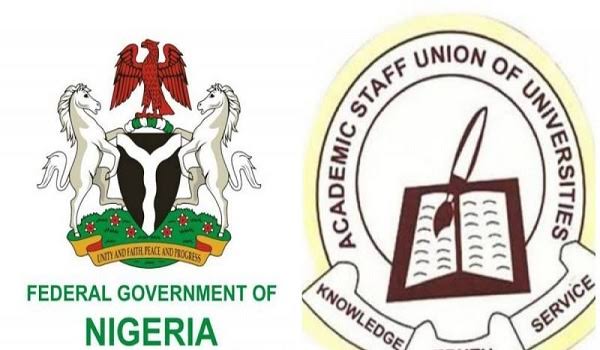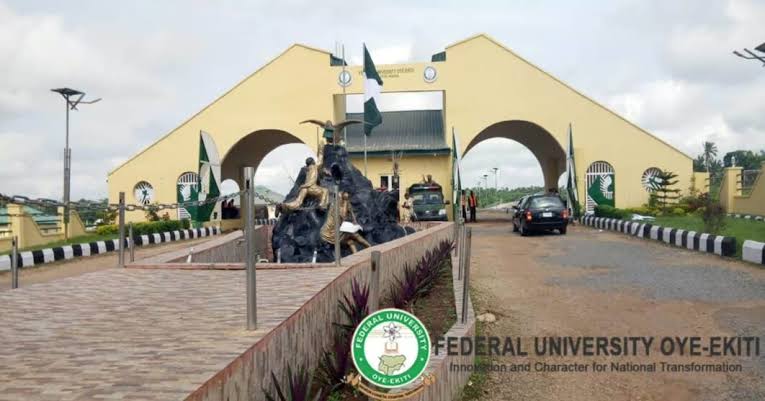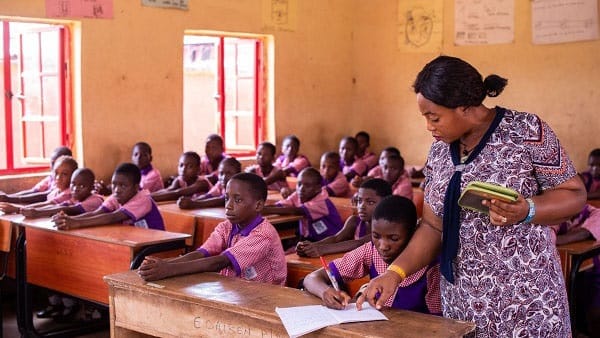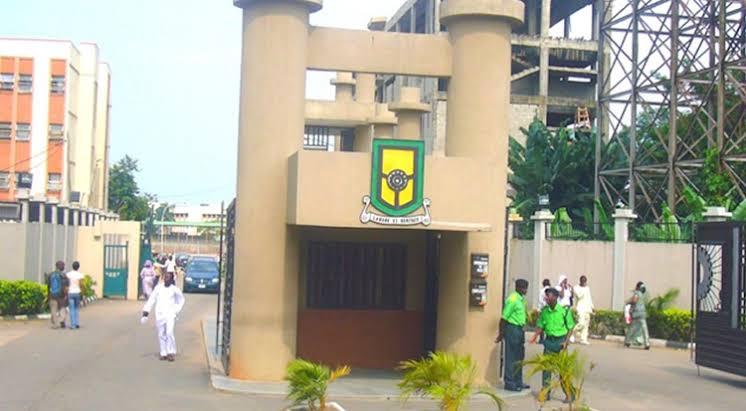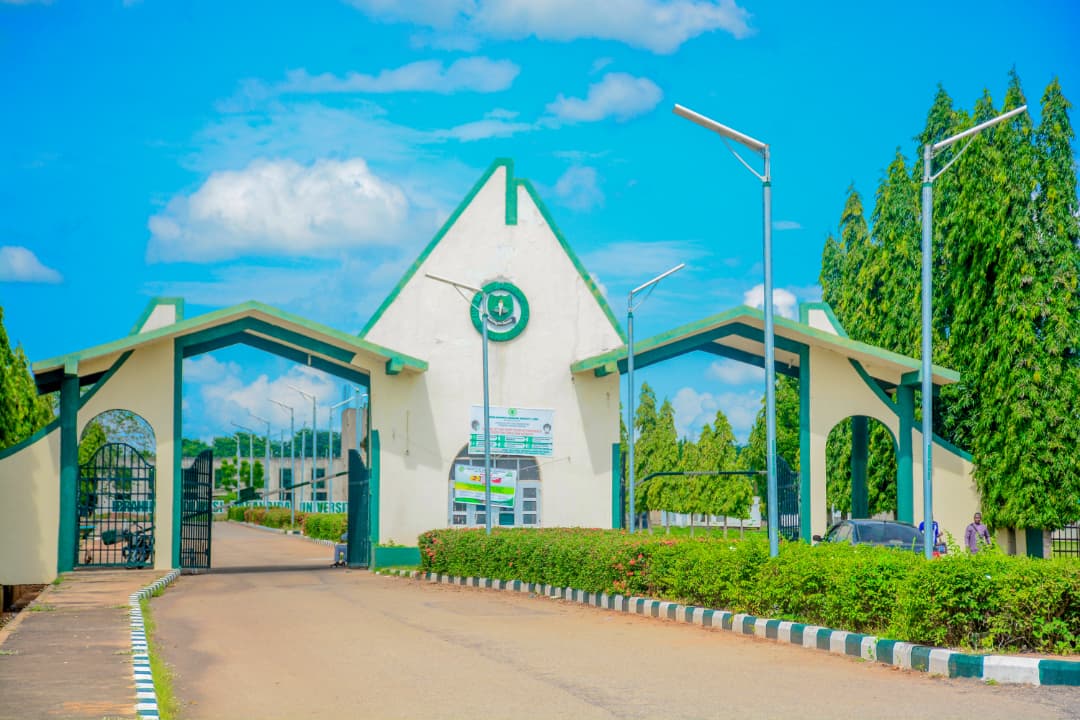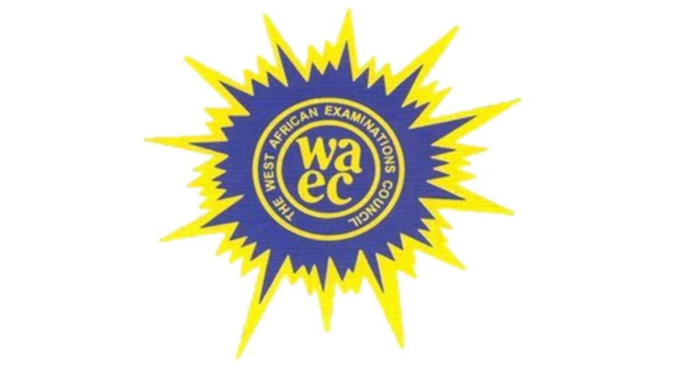Students across Nigerian universities may once again find themselves caught in the middle of an unfolding crisis that could disrupt the academic calendar. According to a recent report, the Federal Government’s move to renegotiate the 2009 ASUU–FGN agreement only with the Academic Staff Union of Universities (ASUU), while excluding three other key university-based unions, has sparked tension and renewed fears of another round of strikes.
This development has triggered heated debates among stakeholders, raising concerns that if not handled properly, it could snowball into a full-blown shutdown of public universities across the country.
Why Are the Unions Upset?
Nigeria’s university system does not rely on lecturers alone; it also runs on the backbone of non-academic staff, administrators, and technologists who keep the system functional. Apart from ASUU, which represents lecturers, there are three other powerful unions:
- SSANU – Senior Staff Association of Nigerian Universities
- NASU – Non-Academic Staff Union of Educational and Associated Institutions
- NAAT – National Association of Academic Technologists
These unions argue that any renegotiation of the 2009 agreement should not be exclusive to ASUU, since the agreement originally covered all university-based unions. By sidelining them, they feel the government is creating inequality and paving the way for renewed unrest.
A Meeting That Could Decide the Fate of Students
The Federal Government is reportedly meeting with ASUU on Thursday, August 28, 2025, to finalize discussions on salary adjustments and other welfare packages. While ASUU members are optimistic about the talks, the exclusion of SSANU, NASU, and NAAT raises the possibility of these groups staging their own protests or embarking on strike actions.
For students, this means one thing: even if lecturers are settled, the non-academic staff (who handle admissions, hostel management, exams processing, and university laboratories) could still ground academic activities if their voices are ignored.
What Exactly Are the Unions Demanding?
ASUU and the other unions have several unresolved demands that have lingered for years. Some of the key issues include:
- Renegotiation of the 2009 Agreement: A complete review of salaries and working conditions.
- Salary Arrears: Payment of outstanding 25–35% salary arrears owed to staff.
- Promotion Arrears: Settlement of promotion benefits that have been pending for over four years.
- Funding for Revitalization: Proper funding of universities to improve facilities, hostels, libraries, and laboratories.
- End to Victimization: Addressing cases of staff victimization in institutions such as LASU, KSU (now Prince Abubakar Audu University), and FUTON.
History Repeating Itself?
Students may still remember the controversy that erupted when the Federal Government released ₦50 billion as Earned Allowances some years ago. Out of that fund, ASUU got 80%, while the other three unions had to share the remaining 20%.
This lopsided distribution created deep resentment and distrust, which still lingers today. SSANU, through its President and JAC Chairman, Comrade Mohammed Haruna Ibrahim, has already warned the Federal Government that repeating such an unfair approach could lead to another round of conflict.
Why Should Students Care?
For students, this is not just union politics — it directly affects academic life. Here’s how:
- Possible Disruptions: If SSANU, NASU, and NAAT decide to down tools, hostels could be shut, electricity and water supply could be cut, and administrative offices might close.
- Prolonged Calendar: Even if ASUU secures a new deal, unresolved grievances with other unions could stretch the semester longer than expected.
- Financial Strain: Each time there is a strike, students who live off-campus continue to pay for rent and feeding without attending classes, causing extra burden on families.
- Psychological Stress: Uncertainty about exams, graduation, and NYSC mobilization can create anxiety for students, especially finalists.
What Could Happen Next?
If the Federal Government fails to engage all unions inclusively, the likelihood of multiple strike actions increases. On the other hand, if the government manages to renegotiate fairly with ASUU and then extends the same benefits to SSANU, NASU, and NAAT, the system may stabilize for the first time in years.
However, given the track record of unfulfilled promises and delayed agreements, many fear that students may once again be the victims of policy inconsistency and broken trust.
Student Voices – The Real Stakeholders
Across campuses, students are already expressing concern. Some are optimistic that the government will listen and prevent another shutdown, while others believe a crisis is inevitable.
- “We just want to graduate on time. Every year there’s one strike or the other. It’s frustrating,” a 400-level student of UNIBEN lamented.
- “They should carry all the unions along. Even if ASUU signs an agreement, nothing works in school without non-academic staff,” said a student of FUTMINNA.
Final Thoughts
The truth is that the Nigerian university system cannot afford another round of prolonged strikes. With the academic calendar still recovering from past disruptions, a fresh crisis would further delay graduation timelines, distort NYSC mobilization, and add to the growing frustration of students and parents alike.
For now, all eyes are on the August 28, 2025 meeting between the Federal Government and ASUU. But the real test lies in whether the government will extend fairness and inclusivity to all the other unions — because without that, another storm may be brewing in Nigerian universities.
